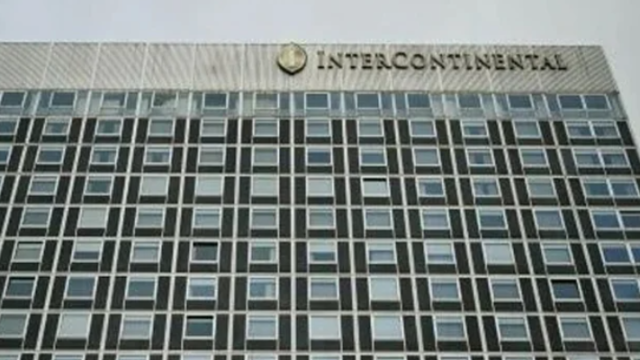The German government is set to unveil its latest growth forecasts on Wednesday amidst indications that Europe's largest economy might be turning a corner despite lingering challenges.
Recent improvements in key indicators such as industrial output and business activity suggest that a recovery may be underway. After a slight contraction last year due to various factors including soaring inflation and manufacturing slowdown, hopes for a strong rebound in 2022 were tempered. However, recent positive readings in the Ifo index of business morale and manufacturing have provided a glimmer of optimism.
While the German economy may avoid a recession in the first quarter, analysts are cautious about expecting robust growth this year due to ongoing challenges. The aftermath of the Russia-Ukraine conflict disrupted energy supplies and prolonged weakness in key trading partners like China have continued to affect the economy. Strikes and higher interest rates have further compounded the challenges.
Long-term structural issues such as an ageing population and skills shortages also pose significant hurdles. Disagreements within the ruling coalition and concerns about economic reforms have added to the complexities facing policymakers.
Despite some improvements in economic indicators, the Bundesbank has cautioned that a comprehensive recovery is still uncertain. The German government's forthcoming growth forecasts will provide further insights into the country's economic outlook amidst these ongoing challenges.































Comment: